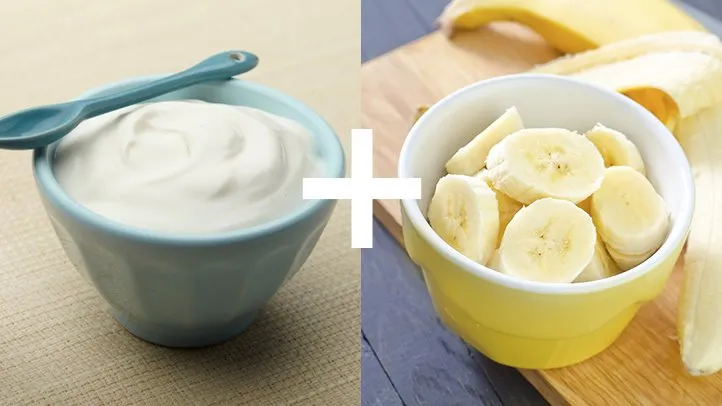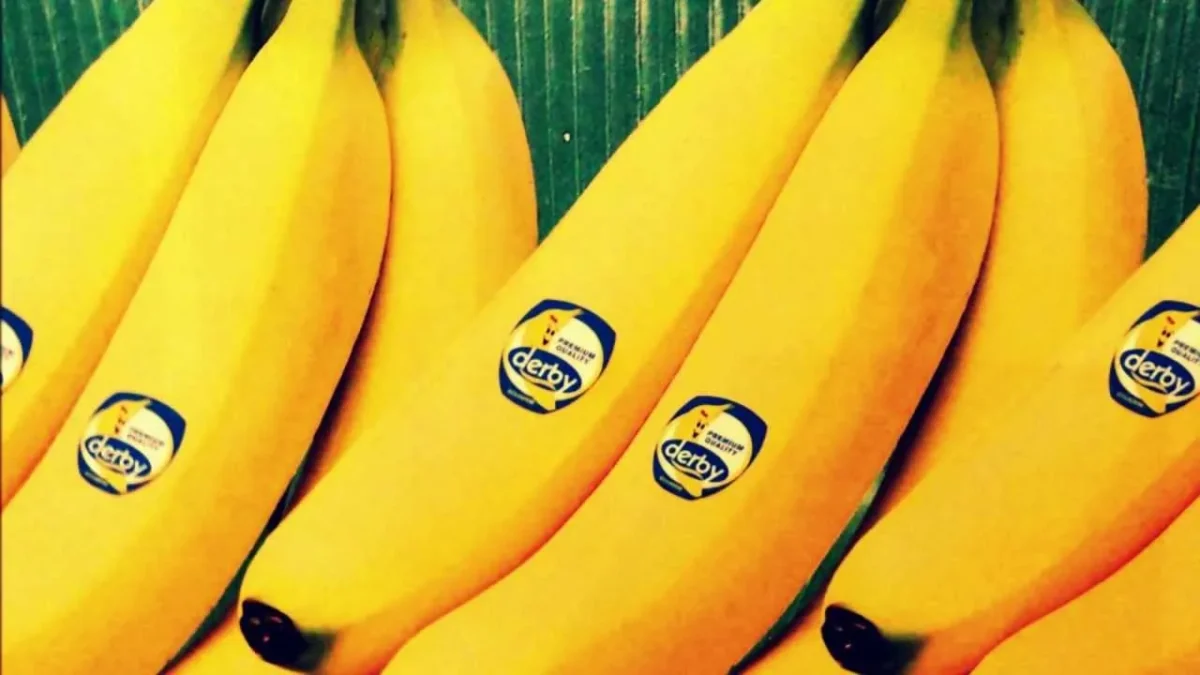Everything You Need to Know About the Sugar Content of Apples and Bananas
Are you someone who loves bananas but worries about their sugar content? You’re not alone! The question of whether an apple and banana is too much sugar is a common one. In this article, we will delve into the sugar content of both fruits and how it compares to other sugary foods. But don’t worry, we won’t be discouraging the consumption of fruits altogether. Instead, we’ll discuss the benefits of consuming apples and bananas as part of a balanced diet and provide some tips for moderating sugar intake while still enjoying these delicious fruits. So keep reading to learn everything you’ve ever wanted to know about bananas and their sugar content!
What is the sugar content of apples and bananas?
When it comes to the sugar content of apples and bananas, there are a few key factors to consider. First and foremost, it’s important to note that both fruits contain natural sugars in the form of fructose.
However, when comparing the two fruits, bananas generally have a higher sugar content than apples. A medium-sized banana typically contains around 14 grams of sugar, while a medium-sized apple contains around 10 grams of sugar.

It’s also worth noting that the ripeness of these fruits can affect their sugar content. As bananas ripen, their starches convert to sugars and their overall sweetness increases. Similarly, as apples ripen on the tree or after picking, their starches convert to sugars and their sweetness increases as well.
But despite their differences in sugar content and ripeness levels, both apples and bananas can be part of a healthy diet when consumed in moderation. These fruits offer important vitamins and minerals that support overall health and well-being.
So whether you’re reaching for an apple or a banana as a snack or ingredient in your next recipe, rest assured that both options can provide delicious flavor without overloading you with added sugars.
How does the sugar in fruits compare with other sugary foods?
When it comes to sugar content, fruits like bananas can be a confusing topic. While they contain natural sugars, many people wonder how their sugar levels compare to other sugary foods.
Firstly, it’s important to note that the sugar in fruit is different from added sugars found in processed foods. Fruit contains fructose, a natural sugar that doesn’t have the same negative effects on the body as added sugars do.
In terms of comparing fruit to other sugary foods, bananas are actually relatively low in sugar compared to many processed snacks and sweets. A medium-sized banana contains around 14 grams of sugar, while a single serving of soda can contain up to 40 grams of added sugars.
It’s also worth noting that fruits provide important nutrients and fiber that are often lacking in highly processed sugary foods. So while it’s important to be mindful of overall sugar intake, reaching for a piece of fruit like a banana can offer more nutritional benefits than indulging in a candy bar or sugary dessert.
Overall, when it comes to the question of how the sugar in fruits compares to other sugary foods, it’s important to consider not just quantity but also quality and nutritional value. Fruits like bananas offer natural sugars along with valuable nutrients and fiber that make them an excellent choice for satisfying sweet cravings while still maintaining overall health and wellness.
The benefits of consuming apples and bananas as part of a balanced diet are numerous.
Apples and bananas are two of the healthiest fruits that you can include in your diet. They are packed with essential nutrients that can help improve your overall health and well-being.
Apples are an excellent source of fiber, which makes them a great addition to any weight loss program. They also contain antioxidants, which can help prevent chronic diseases such as cancer and heart disease. Additionally, apples contain pectin, a type of soluble fiber that helps lower cholesterol levels.

Bananas, on the other hand, are rich in potassium, which is essential for maintaining healthy blood pressure levels. They also contain vitamin C and vitamin B6, both of which play important roles in supporting immune system function.
Adding apples and bananas to your balanced diet can provide numerous benefits for your health. These fruits not only taste delicious but they also provide a wide range of nutrients that support overall wellness.
So next time you’re looking for a healthy snack or meal addition consider reaching for an apple or banana!
Tips for moderating sugar intake while still enjoying fruit.
For those looking to moderate their sugar intake while still enjoying the sweet taste of fruits, there are several tips to keep in mind when it comes to bananas.
Firstly, it’s important to understand that not all fruits are created equal. While bananas do contain natural sugars, they also offer a host of nutritional benefits such as fiber, potassium and vitamin C. Therefore, it’s about finding a balance that works for you.
One tip is to pair your banana with a source of protein or healthy fat. This can help slow down the digestion process and prevent blood sugar spikes. Examples include adding almond butter or Greek yogurt as toppings or incorporating into smoothies with added protein powder.

« Solutions for Dry Banana Bread Batter: Tips and Tricks for Perfectly Moist Bread Every Time
The Top Most Amazing Banana Beauty Tips and Benefits »
Another tip is to pay attention to portion sizes. Instead of consuming an entire large banana at once, consider cutting it in half and saving the other half for later in the day or another meal altogether.
Lastly, consider incorporating other low-sugar fruits into your diet such as berries or citrus fruits which tend to be lower in natural sugars than bananas.
By implementing these tips and being mindful of your fruit intake overall, you can still enjoy the sweetness of bananas without compromising your health goals.
Check out our other articles to find out even more about banana.
Eating apples and bananas is a great way to get the essential minerals, vitamins, and fiber your body needs in order to stay healthy. Although these fruits contain natural sugars, their nutritional benefits outweigh any potential hazards from consuming too much sugar. To learn more about how bananas can benefit your overall health, be sure to check out our other articles!











